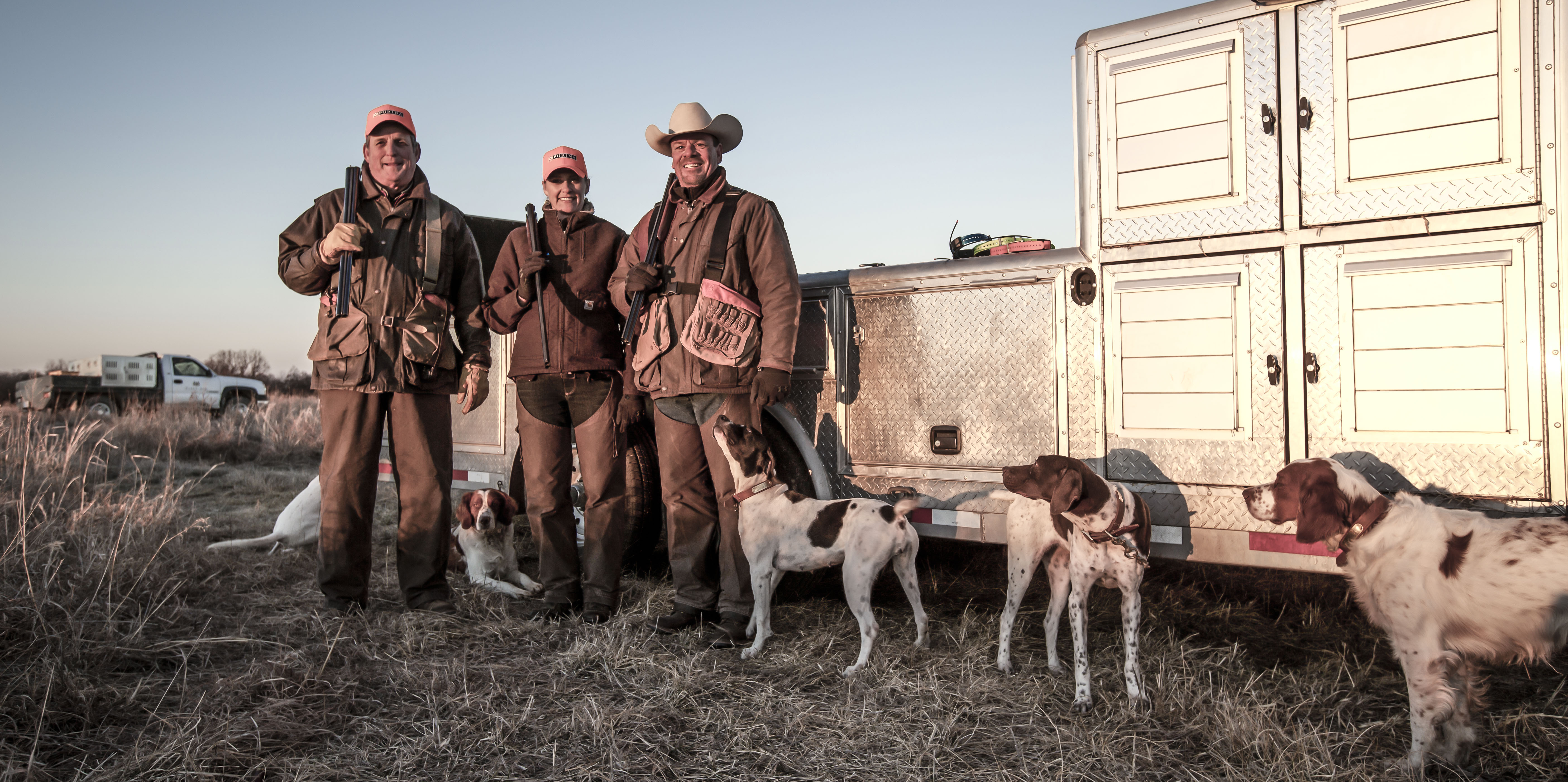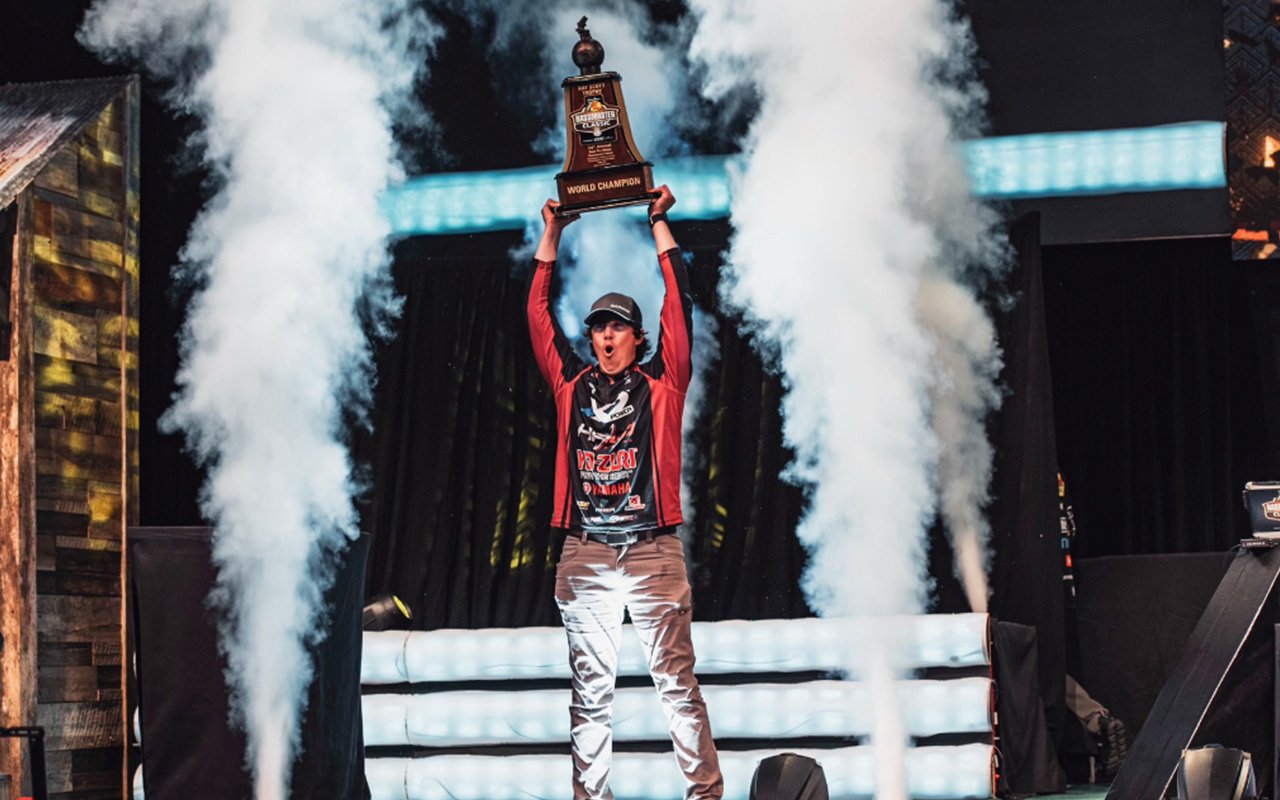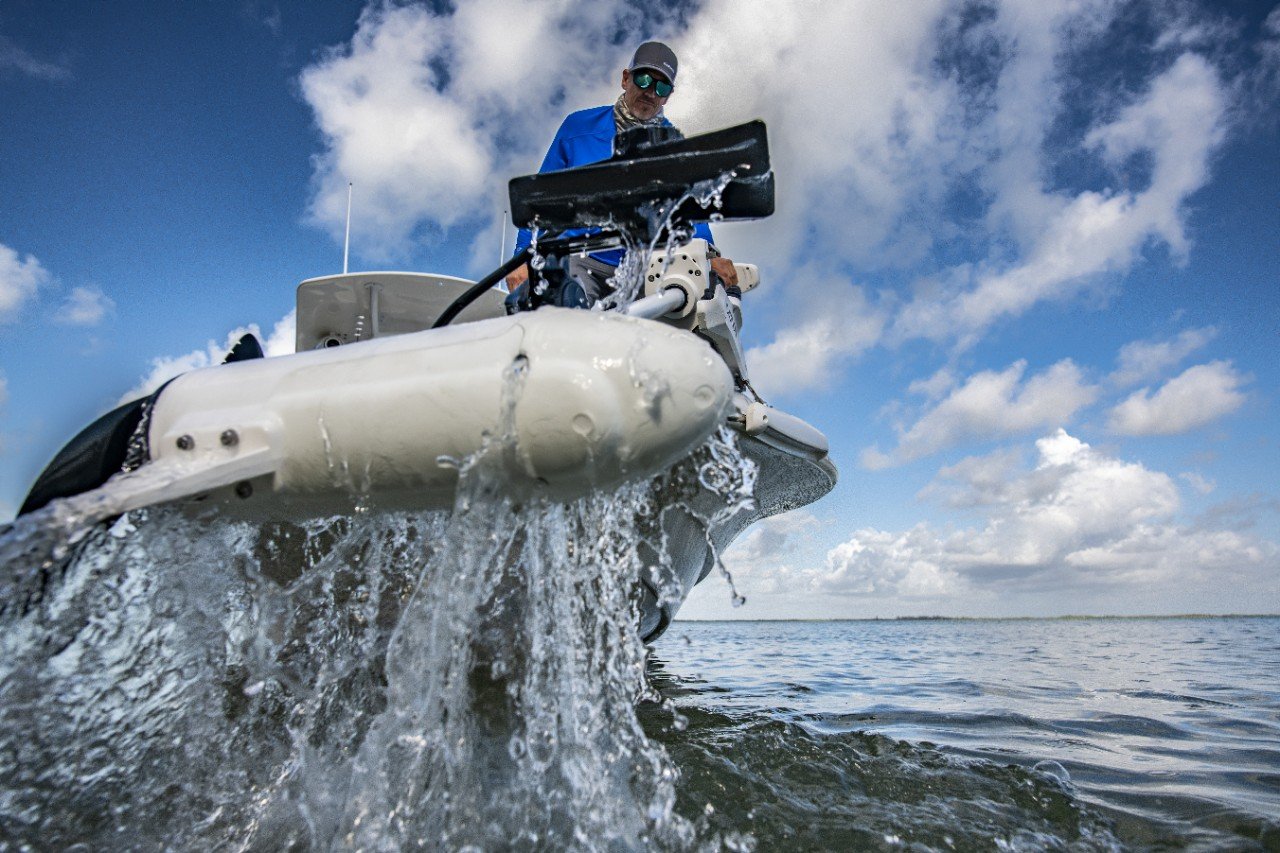
When to Use a Dog Trainer
We’re firm believers that most people can train their own bird dogs without a professional dog trainer. With a good program to follow and clear directions plus a well-bred dog with natural ability, and the time and motivation to train the dog, it’s quite possible for the average person to train a great hunting companion. However, there a lot of bird dog trainers out there – people who make their living training dogs for other people. If training your own dog is possible, why are there so many trainers? And if you are training your own bird dog, is there ever a reason to use a trainer’s assistance?
There are a multitude of reasons why people send their dogs to trainers. One big reason is to run in competitions. Numerous pros make their living in competition venues such as field trials. Pros running the field trial circuits give the dogs a chance to see a lot of different country and cover because of their travels and access to land. Serious competition requires a lot of travel, and not everyone has enough vacation time to take their dog out on the competition circuit for weeks; and even if they do have the vacation time, it may need to be spent with family or doing other things besides playing dog games.
For dog owners with no interest in competition, lack of time and access to land can be factors that force them to seek the help of a professional dog trainer. Working long hours plus family commitments can leave little time for training a dog, and lack of nearby access to land to train on can be another stumbling block. And let’s face it, not every person has the patience required to train a bird dog. And for some folks, even if they do have the time, they don’t have the “want” needed in order to train – they’d prefer to just take the dog and go hunting. That’s where the services of a good gun dog trainer come in handy.
But what about the owners who do have the time and access to land and want to train their own dogs? Is there any reason for them to seek the help of a pro?
We all realize that each dog comes with its own personality and talents. That personality may make things easy, or may make things difficult for the person doing the training, depending on how their personality meshes with the dog’s. When you run up against a roadblock and aren’t making forward progress, stop and try to find the problem and come up with a solution.
If you can’t figure it out within a reasonable length of time, and both you and your dog are getting more and more frustrated, it’s probably a good time to seek some help and advice. Sometimes it just takes a fresh pair of eyes and new perspective to see where the problem lies. Plus, a pro has the benefit of having handled a lot of dogs, some of which are sure to have had the same problem you’re working on. That experience can save you weeks of frustration. And you’re likely to improve your own handling skills as well, under the watchful eye of a good coach.
So, let’s say you’ve decided that you’ve hit a wall with your dog training and need some help. How do you get the help you need from a pro trainer? You’re not planning to commit your dog to long-term training with that person, you just need to get past this particular training issue that’s got you blocked.
The first step is to ask around and find out who in your area is good. Check with local veterinarians, feed stores, other bird dog people, and dog clubs. Once you have a name or two, give them a call. Remember, most of these folks work pretty hard from dawn to dusk and aren’t likely to either answer a call or return a call while they’re in the field training dogs. If you leave a voice mail message, be brief and be sure to leave your contact info, making sure to speak slowly and clearly. It’s really frustrating trying to return a call from someone who says their name and number so fast that you can’t understand it even if you repeatedly listen to the message.
When you do talk to the pro, don’t expect to spend half an hour on the phone or sending e-mails…you can’t train a dog on the Internet or over the phone. Explain the training snag and then let the trainer do the talking. If it’s something there’s a quick answer to, you’re likely to hear, “Try doing XYZ, and give me a call if that doesn’t work and we’ll get together.” If not, ask if you can set up a time to visit and have your dog evaluated.
Many trainers will do paid hourly sessions in which they work with you and your dog, and a few of those may be all it takes to get through a rough patch. Don’t be afraid to call and ask for help, but also don’t expect a trainer to spend an hour giving you free advice on the phone. Would you call a plumber or an electrician that you found in the phone book and expect them to spend their time coaching you through a home improvement project at no charge?
When you set up a time to take your dog to work with the trainer, be prompt. If you’re supposed to arrive at ten o’clock on Saturday morning, be a few minutes early. When you get there, be open minded. Go with the idea of expanding your knowledge and learning, and don’t be afraid to ask questions. When you get there, look around a bit. Is the facility neat and clean? Do the dogs in their runs seem content and in good condition? The place doesn’t have to be fancy or perfect, but if you’re having to tip-toe through a dog poop landmine field you may want to look elsewhere. While dog poop is one of hazards of having dogs, seeing several days’ worth of it scattered around doesn’t speak to a well-run operation.
The trainer will probably want to see you work your dog first, so he/she can observe how you handle the dog. The trainer may want to run through some basics to make sure there isn’t a hold that needs patching before moving forward to another step. And at some point, he/she may ask to take over and work the dog. Watch closely at both your dog’s responses to the trainer and the way the trainer handles your dog. You will likely see a crisp efficiency that may be lacking in your own handling, and your dog’s reaction will tell you how things are working.
Again, ask questions and make sure you understand the answers. Don’t just nod your head and agree if what is happening isn’t completely clear. A good, professional dog trainer wants you to understand and be successful, and won’t mind breaking things down and explaining them further.
Don’t expect miracles in one session. While it is often possible to get some things straightened out in a very short time, it is just as likely that a few sessions may be needed to work through whatever problem you’re having. This is especially noticeable if you’ve been struggling with a particular problem area for a while – the behavior is in, or close to, the habit stage, which will take more time to reverse. For example, a dog that is showing sensitivity to noises and is on the way to becoming gun-shy is not going to be fixed in a one-hour session. But a dog that is pulling on a lead may well be. In the long run, having a pro walk you through a problem area is money well spent, since it saves both you and your dog time and frustration.
While training your own dog is a great thing and really helps cement your relationship, there’s nothing wrong with asking for some help if you need it. You’re still the one doing the training…and having a mentor can put you light years ahead of the game. The added bonus is that it will likely get you out of the yard and into the field, and that leads to a more productive and fun hunting season.
Check out our extensive line of dog tracking and training solutions to find out which one is right for you.
Click here for some great seminars to learn how to train your own bird dog.
Looking for a great dog trainer for your household pet? Find a professional IACP Certified trainer near you.
Follow Garmin Fish & Hunt on social media for more dog training videos and tips.
Originally appeared in The Pointing Dog Journal. Written by Sharon Potter




